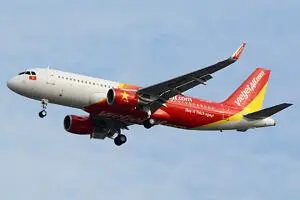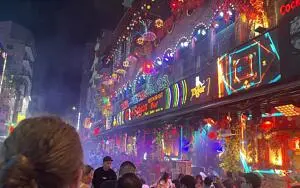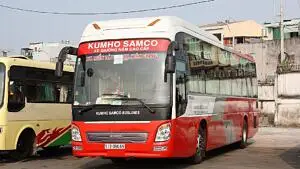When visiting Vietnam, many people exchange their currency for US dollars or euros.
Although Vietnam legally mandates using its own currency, the Vietnamese Dong (VND), certain establishments covertly accept dollars.
However, relying on dollars for daily transactions is not advisable, as it often results in losing more money than gaining. That’s why it’s essential to exchange your currency in Vietnam.
In this article, we will introduce you to four places where you can exchange money in Vietnam. We will delve into each location’s specific features, advantages, and disadvantages.
Are credit cards widely accepted in Vietnam?
Credit cards are rarely accepted in Vietnam, and most payments are made in cash.
Many local restaurants that are well known to international travelers do not accept credit card payments.
You must bring a brand of Master card or Visa only. American Express and JCB are not accepted.
In general, most of the following places will accept credit card payments.
– Taxis
– Hotels
– Medium & Large Restaurants
– Department stores
– Coffee shop chains, bars, pubs
– Tour agency
Where can I exchange money in Vietnam?
1. Bank
When exchanging money in Vietnam, a bank is the first and most advisable option.
Banks offer the highest level of safety, ensuring that you receive the exact amount without being overly concerned about the condition of the bills.
In not only Vietnam but also throughout Southeast Asia, counterfeit currency is a concern, which means you’ll have to go through several checks when exchanging dollars.
Even if your bills are slightly damaged, banks will only deduct a certain amount rather than rejecting them outright. In this regard, banks are more flexible.
I recommend choosing an “International bank” over a local one for currency exchange, such as Standard Chartered, Citibank, HSBC, or Shinhan Bank. Shinhan Bank.
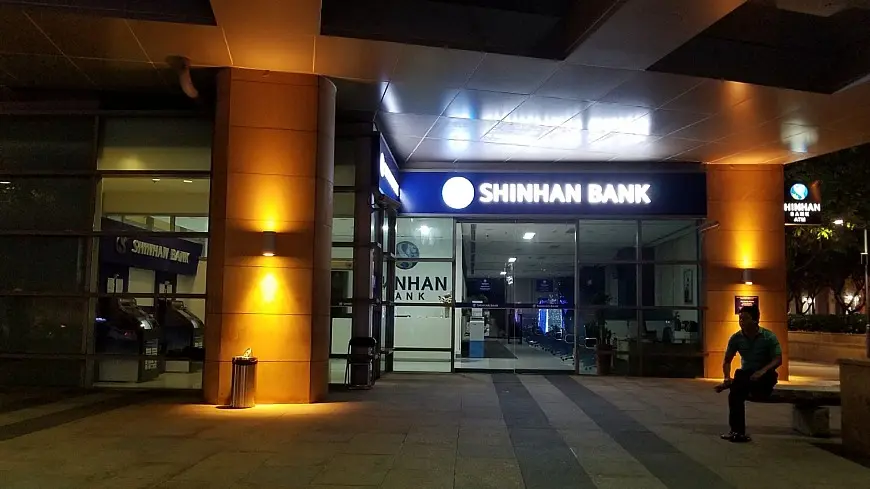
The primary reason for suggesting foreign banks is trust. Going to a local bank in Vietnam to exchange money can be akin to visiting a money changer.
You may not know the exchange rate or whether you receive the correct amount.
On the contrary, when you visit a foreign bank, you’ll be asked to fill out a brief form and sign it indicating the amount you wish to exchange.
They will perform the exchange at the prevailing rate. Some banks might require your passport, so ensure you have it.
I recommend utilizing a bank for more significant amounts (around $1,000 or more). Since very few Vietnamese people seek to exchange money, you won’t have to wait long, making the process swift.
Tips for exchanging in Bank
- Some banks may require a passport, so ensure you have it.
- You won’t have to wait too long, as very few Vietnamese people try to exchange money, so it’s a quick process.
2. Currency Exchange
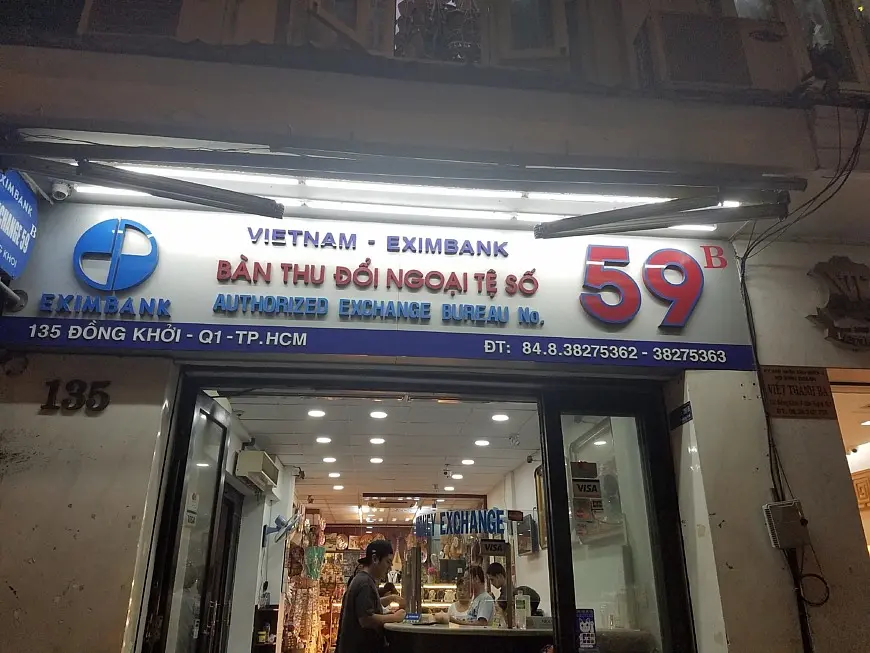
Currency exchanges are where you can get the best rates for exchanging small amounts of money.
They’re usually in the city center or along Backpacker streets with much foot traffic.
You can find tons of them online by searching for your area + currency exchange, but be warned. sometimes the exchange rates aren’t as reasonable as you think.
In some cases, they’ve become so popular through word of mouth that many foreigners visit them, only to find that the exchange rate is no better than bank.
Plus, it’s inconvenient to go to a place whenever you want to exchange money, so it’s worth checking the exchange rate and exchanging a little more money if you’re comfortable.
The main disadvantage of currency exchanges is that they are always crowded, so you’ll have to wait a while to get your money.
Some bad Vietnamese people will try stealing your money, so you may have to be shameless.
Tips for Currency Exchange
- It’s best to stick to relatively recent articles when looking for a currency exchange.
- If it has a good exchange rate, it will be very crowded with Vietnamese people.
- You don’t need to do any formalities such as passports.
- Some currency exchanges are open 24/7 so that you can exchange money late at night.
- You can find them easily by searching for “currency exchange” in on Google Maps.
3. Gold Shop
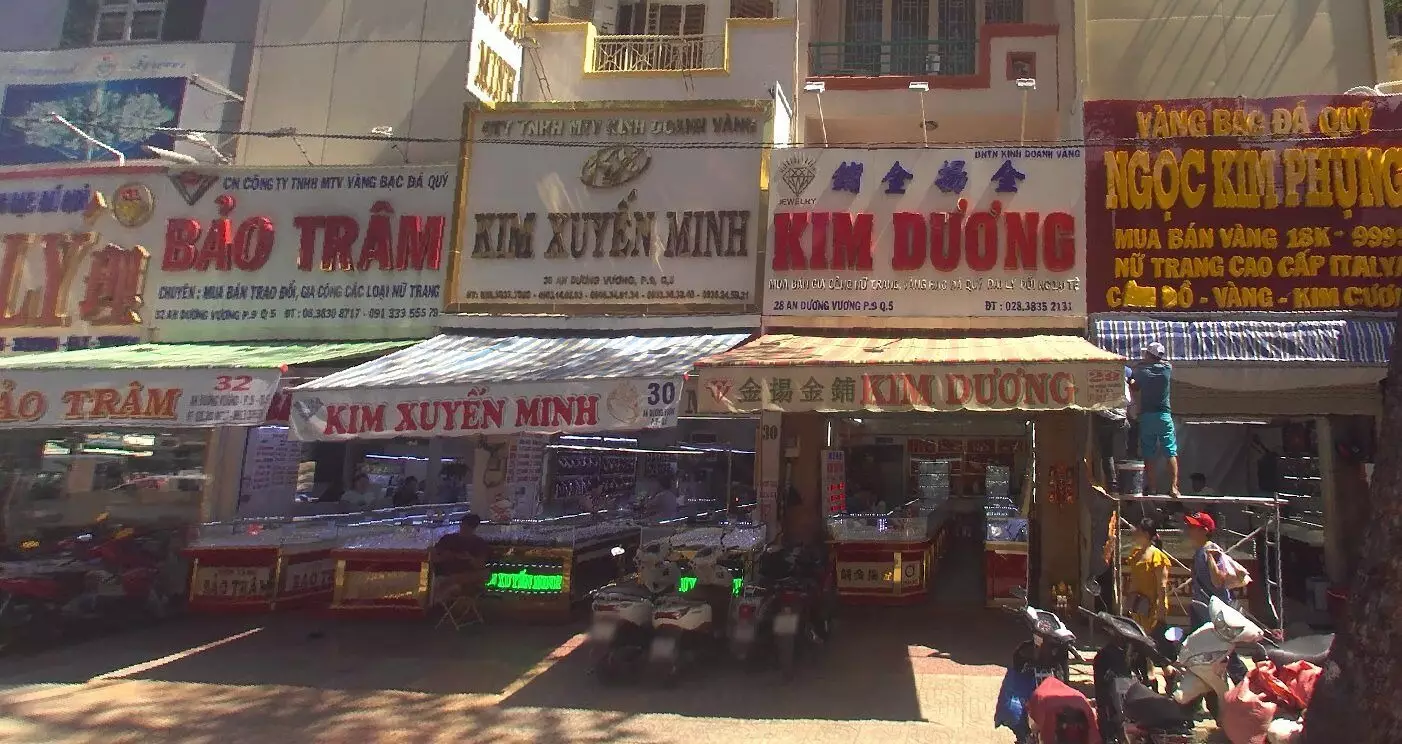
There are a lot of gold shops in Vietnam, and you can easily find articles on the internet telling you to exchange money at a gold shop because the exchange rate is good.
But that was a long time ago. Nowadays, it only makes a little difference. There are a lot of bad things about it.
Gold shops carefully check dollars for counterfeiting.
If the dollar has even the slightest scratch or damage, they will not exchange it for the total amount. They will deduct a certain amount and give you the rest.
Sometimes they won’t even take your dollars if your dollar has no problem.
I don’t recommend exchanging money at a gold shop for an exchange.
Most local gold shops can’t communicate with you in English. Despite of if you want to change money at a gold shop, search for “Tiem Bang” on Google Maps.
4. Hotel
You can exchange money at almost any hotel in Vietnam
Larger hotels will often give you a better exchange rate than banks.
Smaller hotels may not have a system in place. However, you can usually get a newspaper and exchange money based on the rate listed in the newspaper.
Alternatively, you can look up the exchange rate on your phone and do it on the spot, sometimes for a small fee.
What to do after exchanging money in Vietnam
You should always check your bills for damage after exchanging money or purchasing something in Vietnam.
Damaged bills will never be accepted anywhere in Vietnam – they are completely unusable.
It’s not uncommon for Vietnamese people to intentionally give foreigners money they can’t use.
You can get away with a small amount of money, but if it’s a 500,000 dong (about $21) bill, you’re in trouble.
So be sure to check your bills for damage before exchanging money.
How to exchange 500k bills for smaller bills?
The 500k bills you get from an ATM or a currency exchange might be inconvenient for everyday transactions in Vietnam.
Small shops, restaurants, or taxis won’t accept it because they don’t have change.
Here’s an excellent tip for those situations. Go to a convenience store or supermarket, buy something, and pay for it with 500,000 VND.
Even if they don’t, they’ll ask you to wait a minute and then they go out and get changes.
If you have lots of 500k bills, go to a convenience store or supermarket and change it from 100k or 200k bills.

